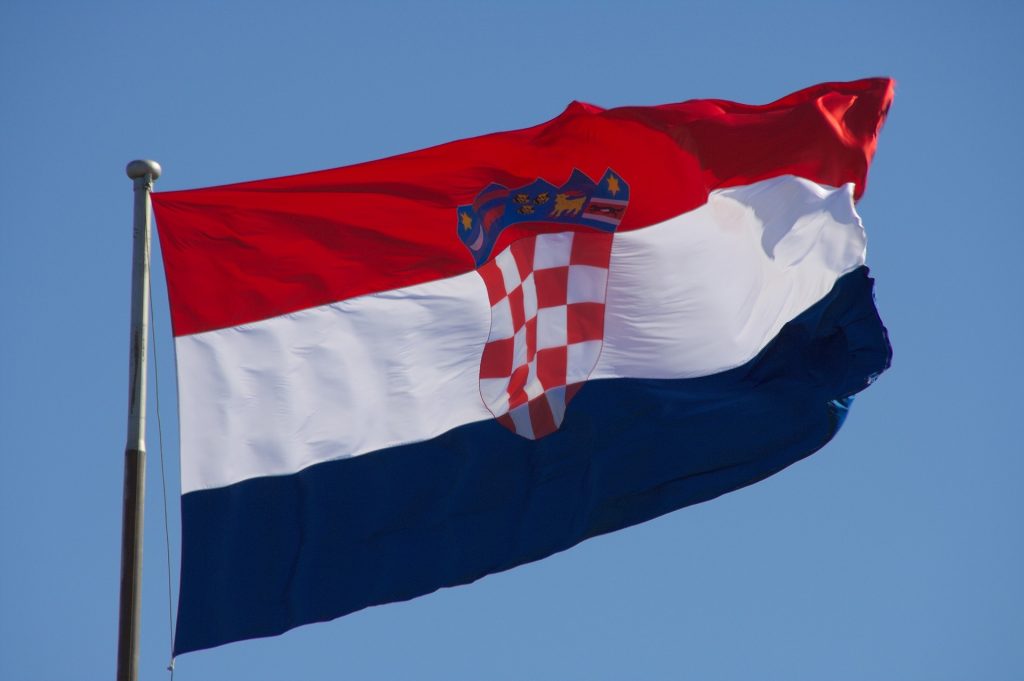May the 4th, 2024 – The remarkable Croatian DOK-ING company has developed an innovative smart solution for the recovery of textiles.
As Poslovni Dnevnik writes, in cooperation with Humana Nova from Čakovec, the Croatian DOK-ING company successfully tested its pilot plant for the processing of waste textiles. From that processing, it produces hydrogen. These results were presented at the final conference of that development project worth 700,000 euros.
It was co-financed by the Norwegian Innovation Fund, and the goal of the project is to develop the first LOOPER plant for textile waste. “This changes the paradigm of textile waste processing, which today is exclusively incineration and landfilling,” reported the Croatian DOK-ING company.
Across the European Union, they estimate that the consumption of textiles per inhabitant in 2020 amounted to 14.8 kilograms, while for example in 2003 it amounted to 10.1 kilograms. Due to the exponential growth of this problem, the EU has adopted ambitious goals regarding proper disposal. However, there was no suitable solution on the market until now.
zero emissions into the environment
A member of the Croatian DOK-ING Group, DOK-ING Indeloop, has developed an innovation for the processing of one tonne of textiles per day. This not only disposes of waste in a way that minimises its overall level of disposal, but also produces additional value or energy from it.
It uses the gasification process to process waste textiles and turn them into hydrogen, ash and soot. The entire process puts no emissions out into the environment, and the resulting ash can be further used for building materials such as bricks. In addition, the application of hydrogen in the form of energy and fuel is multiple.
a Pilot location in Čakovec
“Our guiding star in development was how to design a process where waste ceases to be something we want to get rid of and instead becomes a valuable raw material that creates new value. It’s a great achievement that today we have an innovation that creates energy from waste. LOOPER prevents approximately 275,100 kilograms of CO2 emissions per year compared to conventional methods of processing textile waste and completely excludes the need to dispose of textile waste in a landfill. That’s undoubtedly the highest technological achievement of the green and circular economy for textiles,” said Danica Maljković, Director of Energy and sustainability in the DOK-ING Group.
Through a functional prototype demonstrated in an industrial environment at a pilot location in Čakovec, the remarkable Croatian DOK-ING enterprise has once ahain proven its technology. They can now offer their product on the global market.









